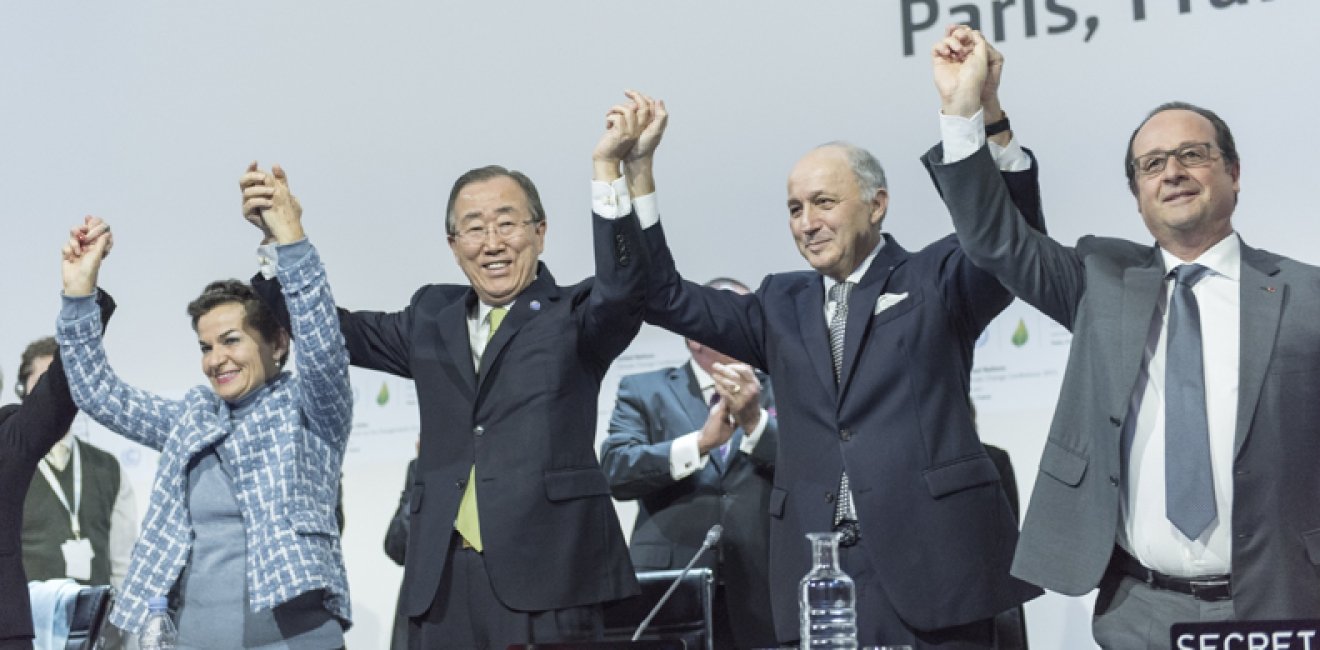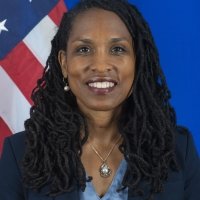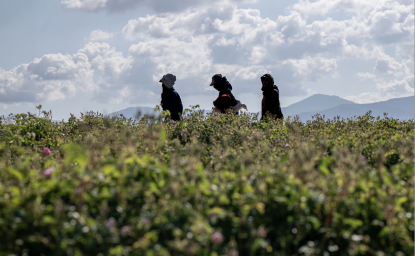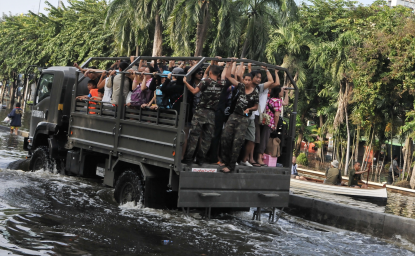Foreword
by Jane Harman
In each edition of Wilson Perspectives, our top experts put breaking news in context. Leveraging our broad focus on the issues and our deep expertise in key regions, this collection frames last month’s landmark climate talks in Paris. Embracing the spirit of the 'high ambition coalition,' nations around the world promised to take a dizzying range of steps toward a safer, more prosperous, more resilient future. Here, we explore the key issues and chief questions.
Introduction
A New Era for Climate Diplomacy
by Roger-Mark De Souza
Climate Diplomacy
The Climate Community Turns to Pragmatism, Mostly
Ruth Greenspan Bell examines the pragmatism of climate diplomacy coming out of the Paris negotiations.
Climate Security
An Empty Table? Food-Climate-Conflict Connections in Paris
Meaghan Parker and Roger-Mark De Souza outline the growing recognition of climate and fragility links to security issues, especially food security, and how they were addressed at COP21.
Loss and Damage
Not Fully Lost and Damaged: How Loss and Damage Fared in the Paris Agreement
Saleem Huq and Roger-Mark De Souza give a developing country perspective on loss and damage and the implications for the Warsaw International Mechanism post-COP21.
Implications for Small Island States
Small Island States and the Paris Agreement
Maxine Burkett addresses how the financial and legal questions for small island states were examined and future implications.
Climate Displacement
Environmental Refugees
James Hollifield links climate change and migration, with a focus on refugees.
Meeting National Commitments—The Case of Canada
Federalism and Climate Policy, Canada-Style
Barry Rabe looks at Canada’s solution to meeting a national commitment despite dispersal of the authority for action among a number of provinces—a model for others?












